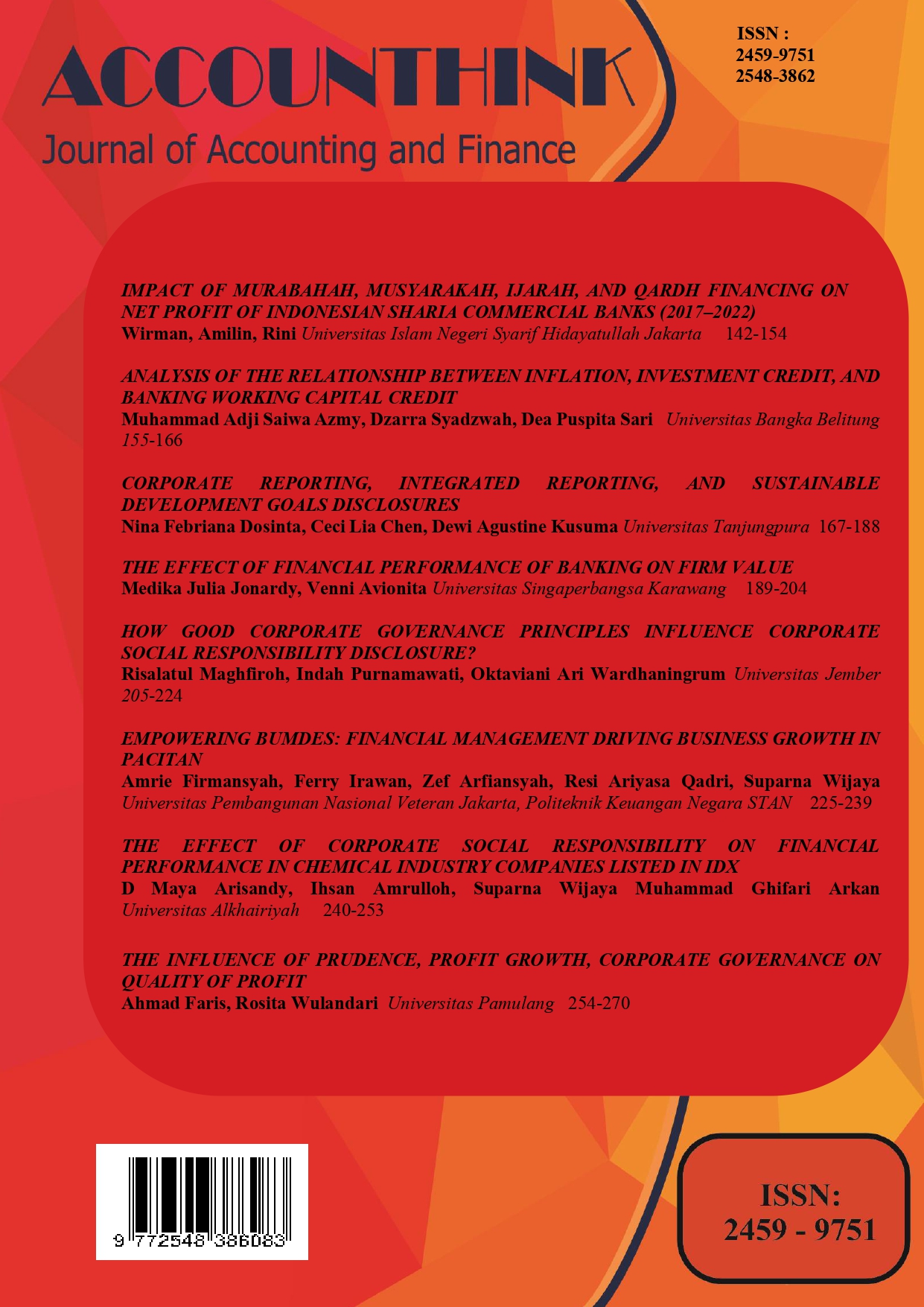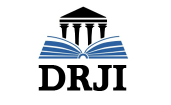A Analysis of the Relationship between Inflation, Investment Credit, and Banking Working Capital Credit
DOI:
https://doi.org/10.35706/acc.v9i2.12196Abstract
As a developed and developing country, Indonesia has an economic life that is highly dependent on the global monetary and economic order. Inflation as a macro indicator used to see the stability of a country's economy can affect banking performance and the quality of credit provided. Inflation caused by price fluctuations, especially in the food sector, is one of the factors that is difficult to control. Banking credit in Indonesia is still the source of capital most needed by companies and MSMEs. In addition, investments made through bank credit have also been found to play an important role in driving economic growth and increasing production. This study aims to analyze and see the causal relationship between inflation, banking investment credit positions, and banking working capital credit. The method used is cumulative descriptive. This study uses secondary data regression analysis method, namely time-series data for the 2019-2023 period. The results of the study indicate that there is a one-way relationship between Inflation and Banking Investment Credit and Banking investment credit has a negative and insignificant effect on Working Capital Credit both long and short term. While in Inflation and Banking Working Capital Credit there is no causal relationship. The results of this study are expected to provide input to the government so that inflation can be controlled with government policies in overcoming problematic credit and encouraging increased investment so as to create economic stability.






